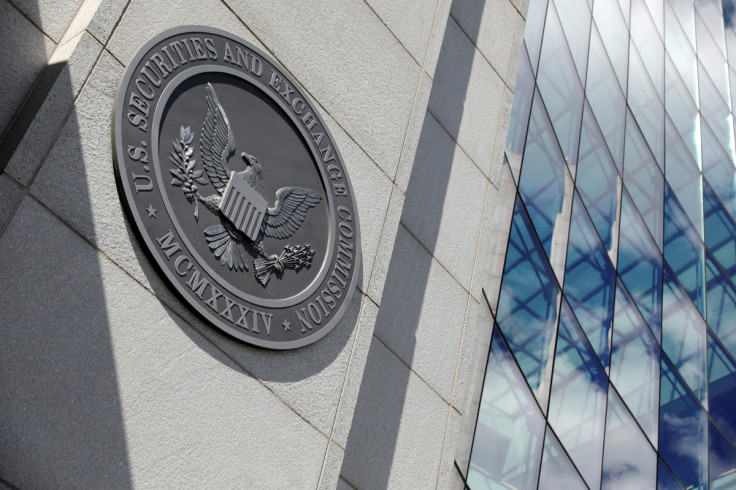SEC Alerts Accounting Firms Accommodating Crypto Clients Not Compliant With Law

The U.S. Securities and Exchange Commission (SEC) is not yet done with the cryptocurrency industry in its campaign to protect the investing public, and in what may look like a part of the regulator's crusade, the financial regulator alerted accounting firms and cautioned them against doing business with non-compliant crypto businesses.
On Thursday, the major Wall Street regulator released a statement directed to accounting firms that outlined the risks and liabilities of catering to clients in the cryptocurrency industry.
"Following the recent waves of scandal and insolvency in the crypto industry, there has been a renewed focus on the firms, including accounting firms, that have been retained by companies in the crypto-asset space—in particular, crypto asset trading platforms," the SEC said in a statement.
"Certain crypto asset trading platforms, with others in the crypto industry, have marketed to investors their retention of third parties, sometimes accounting firms, to perform some sort of review of certain parts of their business, often presented as a purported 'audit,'" the financial watchdog said via its chief accountant Paul Munter.
"Clients' marketing and terminology risks misleadingly suggesting that these alternative, non-audit arrangements are at parity with, or even more 'precise" than, a financial statement audit. Such suggestions are false," Munter added.
The SEC accounting chief also explained that accounting firms could be held liable for their own statements as well as those of their clients.
"An accounting firm should carefully consider the contents of any statements that it or its clients make about the scope of work performed and the nature of the procedures followed because material misstatements regarding those subjects could result in legal liability for the accounting firm," the SEC statement read.
"Such statements could implicate the antifraud provisions of the federal securities laws if there has been fraud 'in the offer or sale' of a security (for purposes of Section 17(a) of the Securities Act of 1933) or 'in connection with' the purchase or sale of a security (for purposes of Section 10(b) of the Securities Exchange Act of 1934), and if certain other requirements for liability are met," it further said.
"In addition, any person that knowingly or recklessly provides substantial assistance to another person in violation of a provision of the Securities Act or the Exchange Act, or of any rule or regulation issued thereunder, shall be deemed to be in violation of such provision to the same extent as the person to whom such assistance is provided," it added.
Accounting firms gained the spotlight last year when the crypto empire FTX spectacularly imploded, and several crypto exchange platforms hired accounting firms to come up with their proof-of-reserves to assure crypto investors their funds are safe.
Proof of Reserves (PoR) is an independent audit process for crypto companies that ensures the on-chain holdings of the business match its liabilities. The auditor's role is to verify the on-chain funds of the cryptocurrency exchange platform against its liabilities to assess collateralization.
In an article titled "Accounting's Big Lie — and How to Fix It," published in October, David Hilzenrath, the lead enterprise and investigative reporter at Project On Government Oversight, noted that "the audit firms are not independent."
He said, "The audit firms are chosen and paid by the companies they audit. Just as the company hires its auditor, the company has the power to fire its auditor."
© Copyright IBTimes 2025. All rights reserved.






















